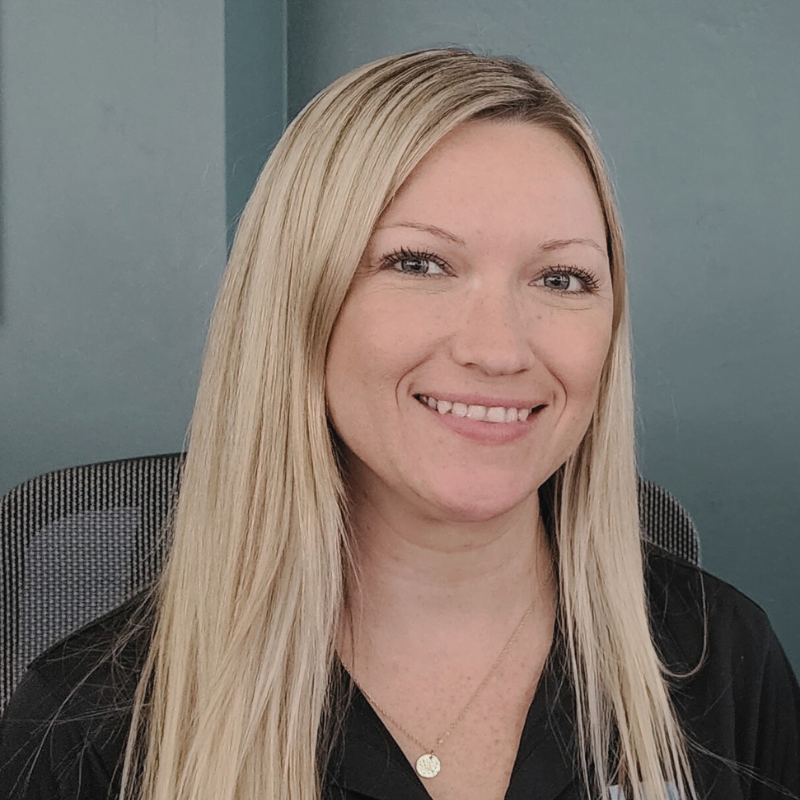| California Court Clarifies Sick Leave Pay for Outside Sales Employees |
| CA employers are required to provide paid sick leave (PSL) to ALL employees (including part-time and temporary employees). A recent court decision clarified how employers may calculate PSL for outside sales employees classified as exempt under California law. The court confirmed that employers may calculate exempt outside sales employees’ PSL at their base hourly rate, (excluding commissions) so long as that’s how they calculate other forms of paid leave Hirdman v. Charter Commc’ns, LLC, No. D084304, 2025 WL 2205862 (Aug. 4, 2025) Calculating PSL for Exempt, Nonexempt Employees In California, there are three methods that employers may use to calculate sick leave pay — two for nonexempt employees and one for exempt employees. Specifically, Labor Code section 246(l) provides the following calculation methods: Paid sick time for nonexempt employees shall be calculated in the same manner as the regular rate of pay for the workweek in which the employee uses paid sick time, whether or not the employee actually works overtime in that workweek. Paid sick time for nonexempt employees shall be calculated by dividing the employee’s total wages, not including overtime premium pay, by the employee’s total hours worked in the full pay periods of the prior 90 days of employment. Paid sick time for exempt employees shall be calculated in the same manner as the employer calculates wages for other forms of paid leave time. The Case: Charter Communications employed Bradley Hirdman as an outside salesperson and classified him as exempt from overtime requirements under California’s outside salesperson exemption. Hirdman brought a lawsuit against Charter alleging violations of several Labor Code provisions, including failure to pay sick time at the correct rate of pay under the CA Labor Code. Charter calculated PSL for Hirdman using the third method for exempt employees, paying him and other outside salespersons at their hourly base rate, which excluded commissions. Hirdman argued that employers cannot use the exempt employee calculation method for outside salespersons because the meaning of “exempt employees” in that provision includes only the “white-collar” administrative, executive or professional exemptions — not outside salespersons. The court concluded that the reference to “exempt employees” in Labor Code section 256(l)(3) was intended to include all exempt employees, including exempt outside salespersons. As such, Charter used the correct method for calculating PSL for Hirdman and other exempt outside salespersons. 100% Commissioned Sales Employees If you employ 100% Commissioned Sales Employees, and they are not paid an hourly rate for other forms of leave besides paid sick leave, the employer may use the 90-Day Calculate Method, which states: “The paid sick time rate is calculated by dividing the employee’s total compensation divided by the employee’s total hours (40-hour standard work week for exempt employees) over the prior 90 days of employment before the employee took paid sick leave. Total compensation includes any commissions, piece rate, or non-discretionary bonus paid. This hourly rate is then applied to paid sick time.” Red Flag Tips This decision confirms that employers can calculate PSL pay for exempt salespersons in the same manner as they do other forms of paid leave, which could mean simply using their base hourly pay, as Charter did, so long as that is how the employer calculates other forms of paid leave. Its important that employers should always ensure that exempt employees are properly classified. Misclassification can create potential liability for unpaid wages, overtime, missed meal and rest breaks, and more. Remember that simply having an important title and/or being “salaried” is not enough to guarantee proper classification. To be exempt, employees must meet specific criteria depending on the exemption (both a salary and a duties test). For example, administrative, executive and professional exemptions require employees to spend more than 50 percent of their time engaged in exempt duties and earn a minimum salary of no less than two times the statewide minimum wage for full-time employment. For outside salespersons such as Hirdman, employees must be 18 years or older and customarily and regularly work more than 50 percent of their working time away from your place of business selling tangible or intangible items or obtaining orders or contracts for products, services or use of facilities. For additional information, please call our office at (714) 799-1115 |









